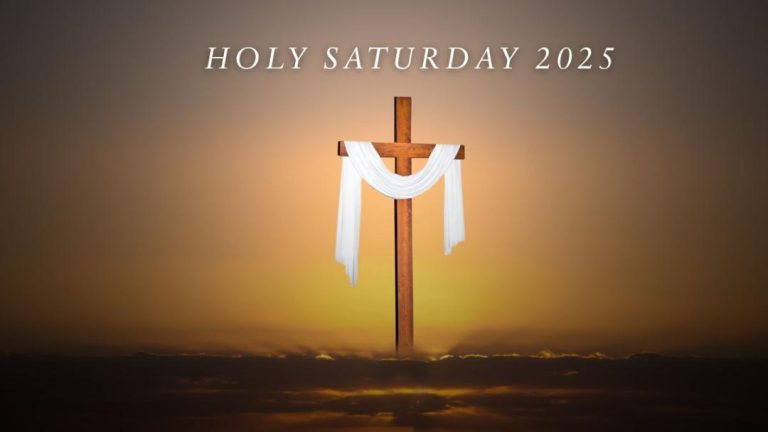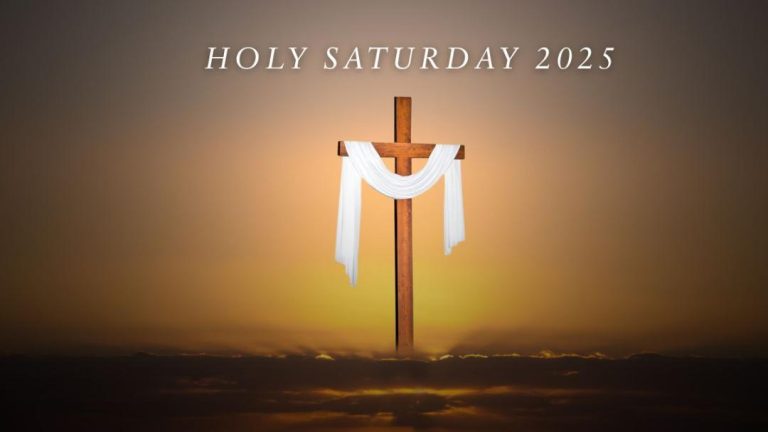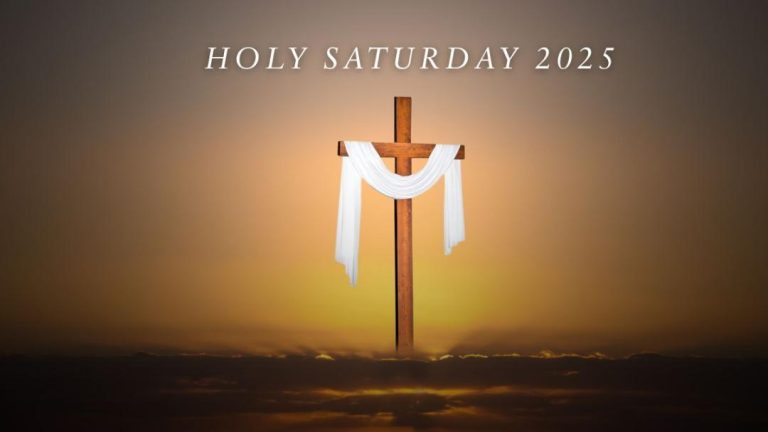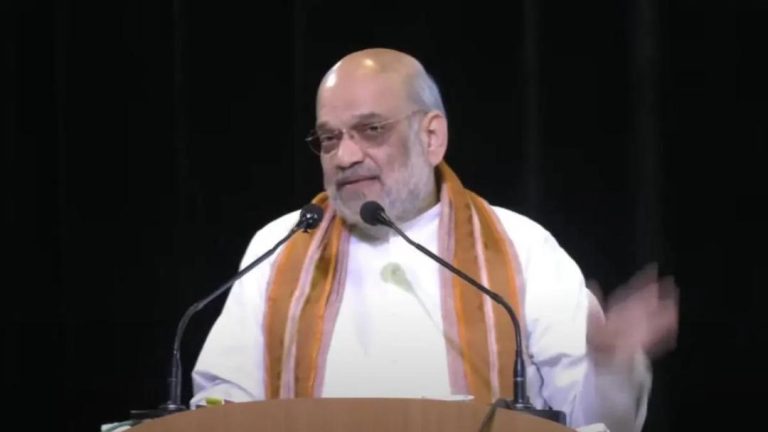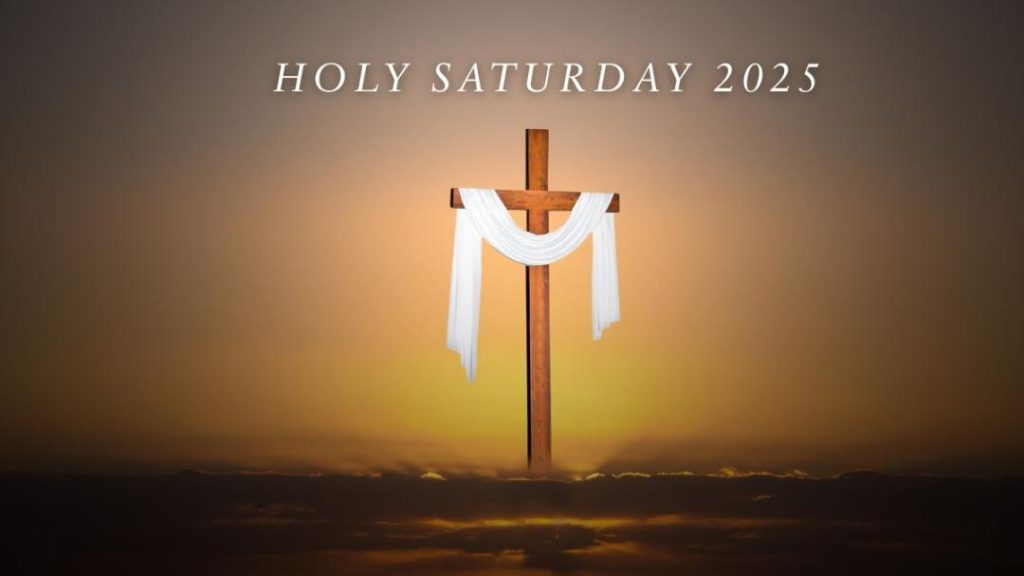
What is Holy Saturday & why is it celebrated?
Holy Saturday, often referred to as Easter Eve, is a significant day in the Christian calendar, observed between Good Friday and Easter Sunday. This day holds immense importance as it commemorates the period when Jesus Christ lay in the tomb after his crucifixion, awaiting his resurrection. As we approach Easter, it is essential to understand the significance of Holy Saturday and why it is celebrated.
History of Holy Saturday
The concept of Holy Saturday dates back to the early Christian era, when the early Christians would gather to mourn the death of Jesus Christ on Good Friday. On Saturday, they would observe a period of silence, reflection, and anticipation, waiting for the resurrection of their savior. Over time, this period of silence gave rise to various traditions and practices that are still observed today.
Significance of Holy Saturday
Holy Saturday is a day of intense silence and reflection, marking the period between Jesus’ death and resurrection. It is a time for Christians to introspect, pray, and contemplate the gravity of Jesus’ sacrifice. The day is often characterized by a sense of anticipation, as believers await the joyful celebration of Easter Sunday.
One of the most significant aspects of Holy Saturday is the tradition of the Easter Vigil, which takes place in the evening. The Easter Vigil is a solemn ceremony that marks the beginning of Easter, featuring prayers, hymns, and the lighting of the Paschal candle. This candle is a symbol of Christ, and its lighting represents the coming of Jesus into the world.
Traditions and Practices
Several traditions and practices are associated with Holy Saturday, varying across different Christian denominations. Some of the most common practices include:
- Vigil Mass: Many Catholic churches hold a special Vigil Mass on Holy Saturday evening, which features prayers, hymns, and the lighting of the Paschal candle.
- Tenebrae: In some Christian traditions, Tenebrae is a special service held on Holy Saturday evening, featuring prayers, hymns, and the extinguishing of candles to symbolize the darkness of death.
- Easter Egg Decorating: In many Eastern European countries, Holy Saturday is a traditional day for decorating Easter eggs, which symbolize new life and renewal.
- Lenten Fasting: In some Christian traditions, Holy Saturday is a day of fasting and abstinence from meat, as a way of preparing for the joyous celebration of Easter.
Date of Holy Saturday
This year, Holy Saturday will be observed on April 19, 2025, followed by Easter Sunday on April 20. It is essential to note that the date of Holy Saturday varies across different Christian denominations and cultures, as Easter is observed on the first Sunday after the full moon following the vernal equinox.
Conclusion
Holy Saturday is a significant day in the Christian calendar, marking the period between Jesus’ death and resurrection. It is a day of silence, reflection, and anticipation, as believers await the joyful celebration of Easter Sunday. With its rich history and traditions, Holy Saturday is an essential part of the Easter story, reminding us of the sacrifice and love of Jesus Christ.
